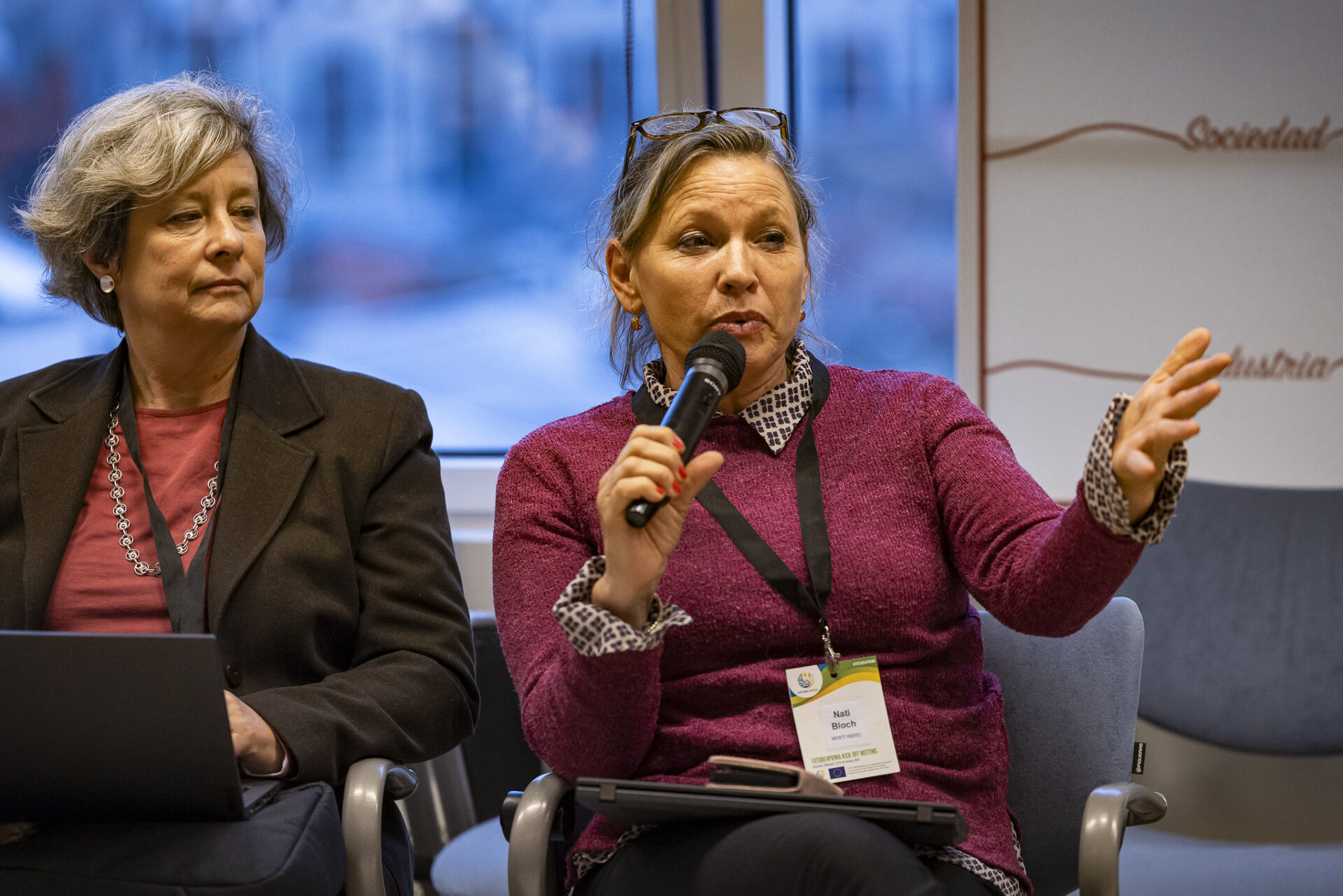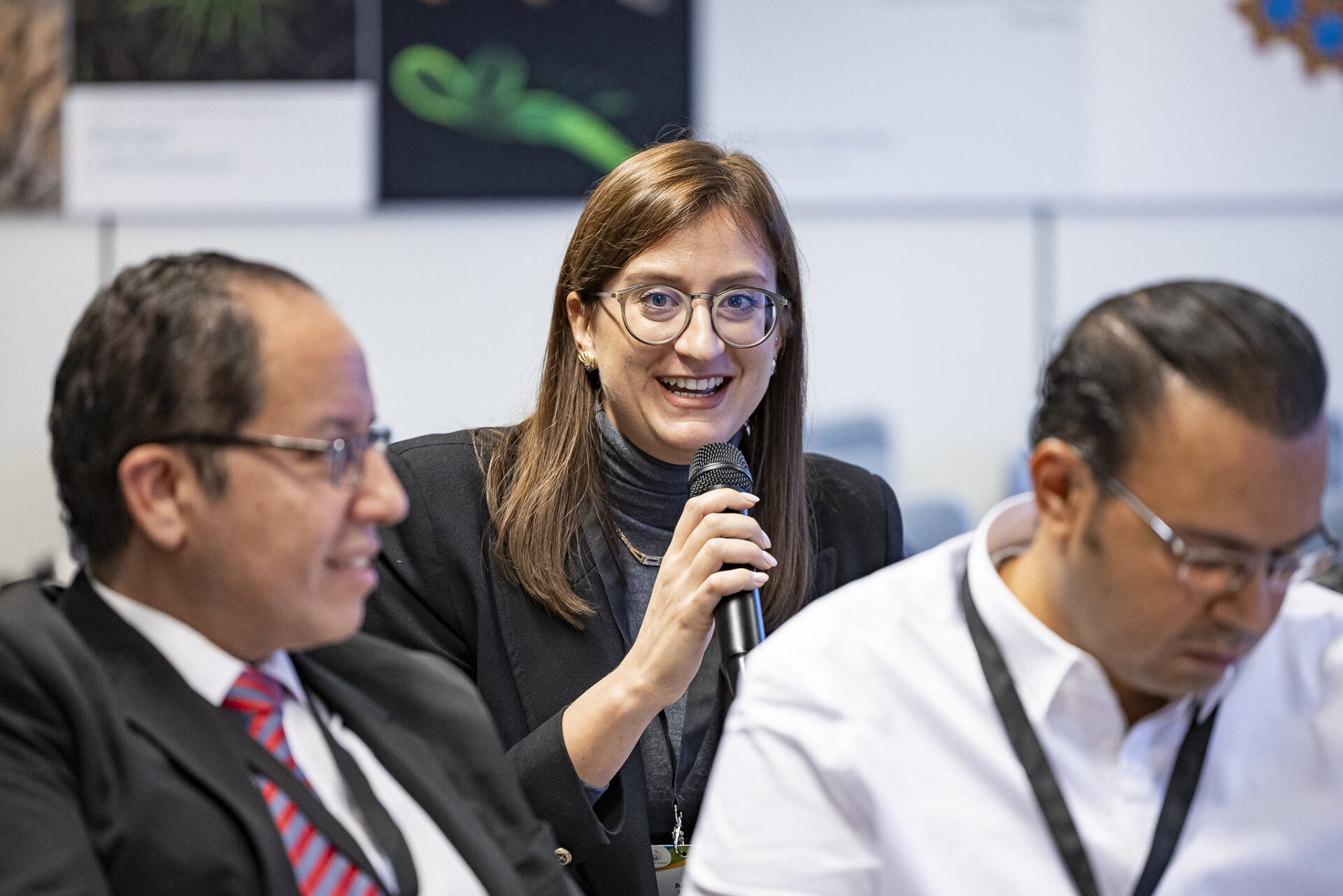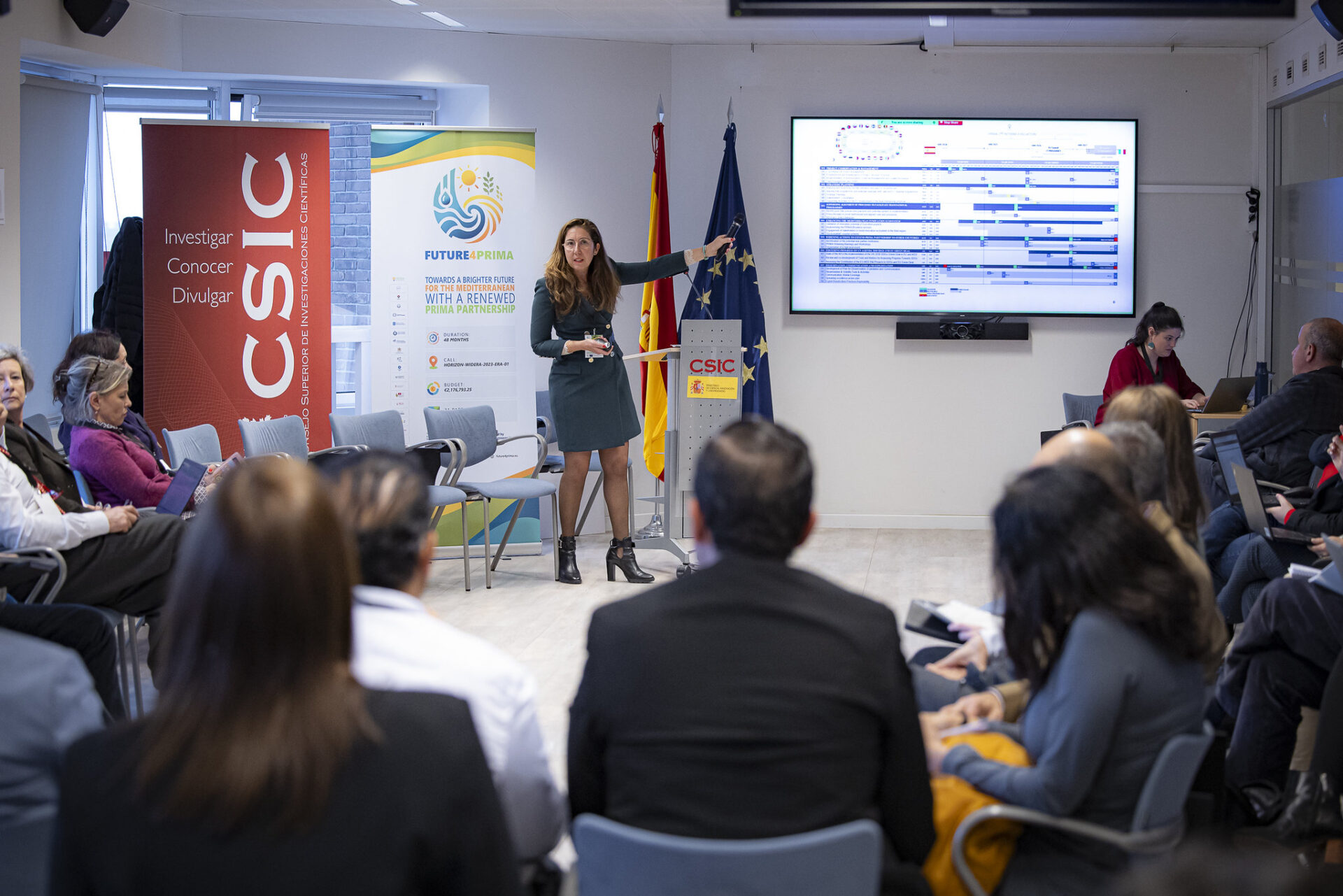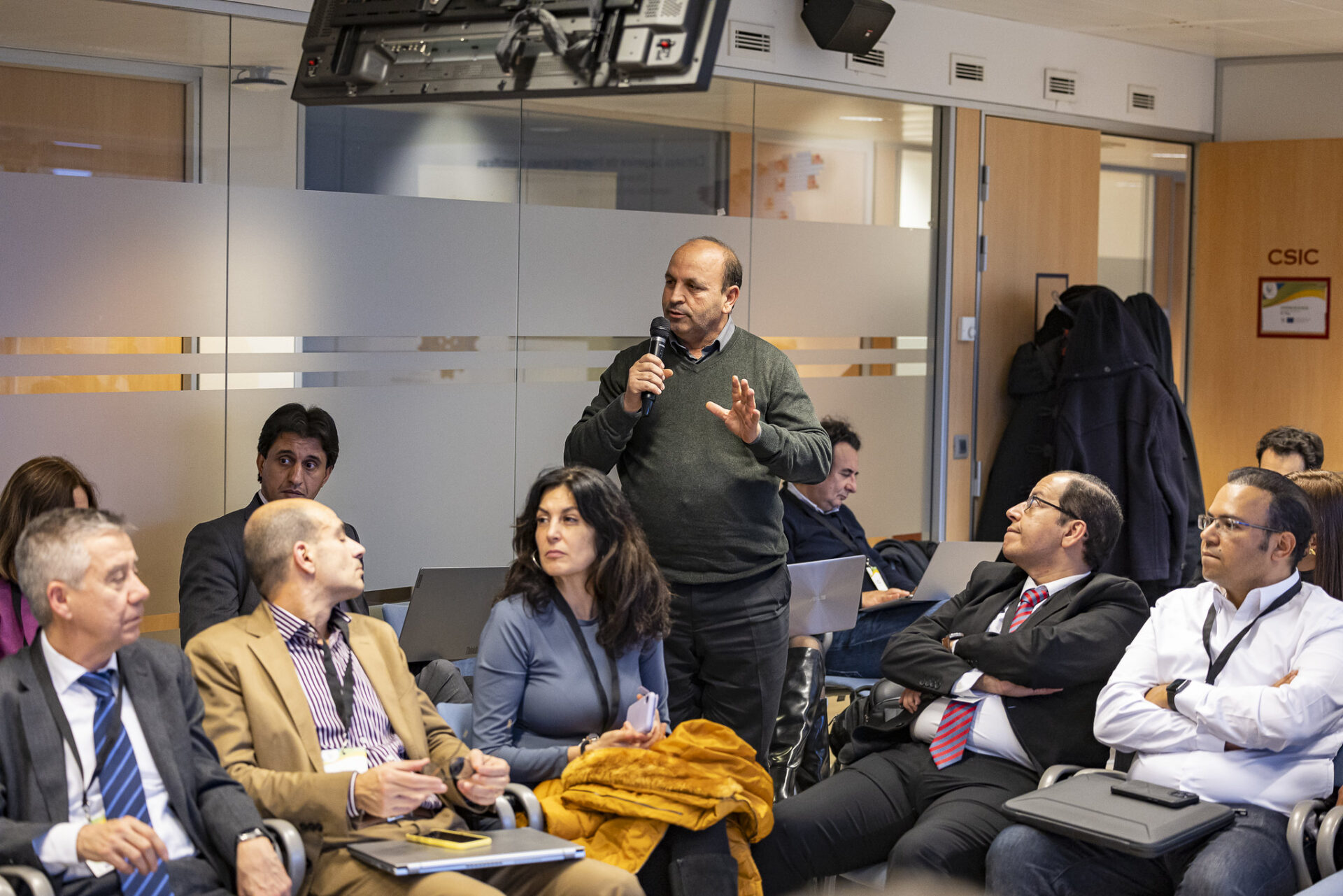FUTURE4PRIMA Kick off meeting
The Horizon EUROPE FUTURE4PRIMA project officially began with its Kickoff meeting on January 25 and 26, 2024, in Brussels, at the CSIC office. This event signified the launch of the coordinated support action funded by Horizon Europe, which aims to bolster research and innovation cooperation in the Mediterranean region and lay the groundwork for a renewed PRIMA partnership under the 10th EU framework program.
The kick-off meeting convened participants from 21 entities across 16 European and Mediterranean countries, including EU Member States, EU widening countries, Mediterranean Partner Countries, countries associated with Horizon Europe, and third countries. The agenda spanned a variety of topics, from introducing the Future4PRIMA project and its goals, objectives, and expected outcomes, to comprehensive presentations on each of the project’s seven work packages (WPs).
Antonella Autino, the project coordinator, provided an extensive overview of Future4PRIMA, highlighting its mission to close the innovation gap in the region and its congruence with the European Green Deal and Sustainable Development Goals (SDGs). The project’s timeline is in sync with the European Commission’s process for initiating the renewed partnership, featuring significant milestones such as the EU Council Presidencies of PRIMA Participating States, specifically the Cypriot and Greek Presidencies.
The emphasis was placed on the necessity of collaboration, avoiding redundant efforts, and engaging with global science-policy interfaces and policymakers.
Mihaela Costache, the REA Project Advisor, underscored the importance of ongoing reporting and adherence to cost eligibility rules. She also pointed out the project’s potential impact on scientific, societal, and economic levels.
Work Package Presentations

Leaders of each work package delivered detailed presentations, outlining the objectives, timelines, actions, and responsibilities associated with their respective WPs.
These presentations covered strategic planning, support for aligning transnational program processes, enhancement of the Mediterranean innovation ecosystem, widening actions to expand the PRIMA partnership, fostering progress on UN Agenda 2030 SDGs and the EU Green Deal, and strategies for dissemination, communication, and exploitation.The meeting featured in-depth presentations by Work Package leaders, who detailed the objectives, timelines, actions, and responsibilities for each WP:
WP1 – Coordination and Management:
Presented by PRIMA, this WP is tasked with the overall coordination and management of the project, ensuring alignment with the project’s goals and objectives.
-WP2 – Strategic Planning:
Diego Intrigliolo from CSIC and Aldo Covello from MUR led the presentation on WP2, which is centered on strategic planning and priority setting for the project, including organizing scoping workshops and integrating results from related projects like PHEMAC.
WP3 – Supporting the Alignment of Processes:
Dr. Raed Awdeh from HCST and Anas Chokairi from MESRSI presented WP3, which aims to align research and innovation policies and practices at the transnational level to facilitate the implementation of transnational programs.
WP4 – Enhancing the Mediterranean Innovation Ecosystem:
Led by Stefan Epe from DLR, Andrea di Anselmo from META, and Amr Radwan from ASRT, WP4 focuses on identifying impactful projects and refining funding mechanisms to enhance the transition from research to innovation.
WP5 – Widening Actions to Extend the PRIMA Partnership:
Ayse Sayin Üke from TÜBITAK and Annalisa Cartabia from MCST discussed WP5, which targets widening participation and integrating potential partners into strategic planning, especially in countries needing to improve their R&I performance.
WP6 – Fostering Progress on UN Agenda 2030 SDGs and EU Green Deal:
Fabio Montagnino from CYI and Giovanni Stanghellini from UNISI are responsible for WP6, which assesses the implementation of the SDGs and EU Green Deal in PRIMA countries and develops policy recommendations.
WP7 – Dissemination, Communication, and Exploitation:
Sofia Dimitropoulou from GSRI and Saida Rafrari from MHESR presented WP7, which aims to enhance communication and dissemination, increase project visibility, and engage new countries and stakeholders in PRIMA.
The governance structure of FUTURE4PRIMA was also discussed, including the General Assembly, Executive Board, Advisory Board, and two distinct Stakeholder Boards, which are essential for setting strategic priorities and focusing on innovation ecosystems.
PRIMA project officers Ali Rhouma and Mohamed Wageih presented the project’s budget and financial management procedures, emphasizing the importance of cost eligibility rules and the submission process for periodic reports, as well as the significance of continuous reporting and the use of an IT management tool for project management and documentation.
As FUTURE4PRIMA embarks on its journey, the dedication and collaboration of all stakeholders promise to advance research and innovation, contributing to a more sustainable and prosperous Mediterranean region.














